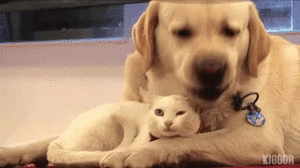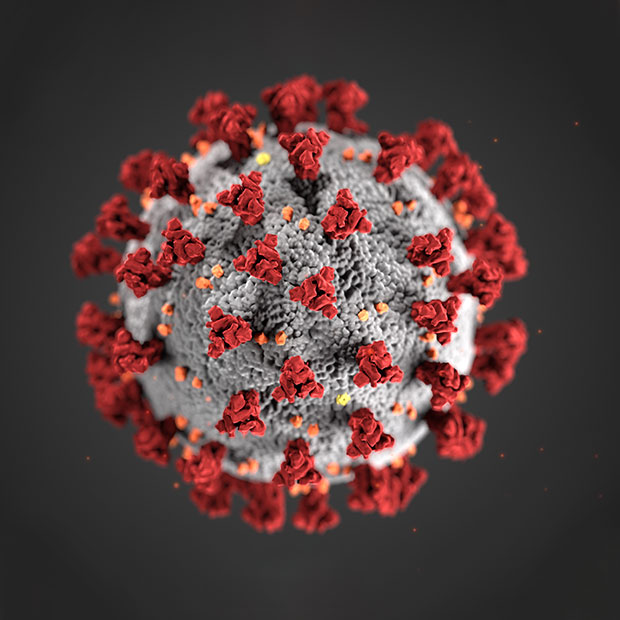M
MJ_Mac
Guest

Lions, tigers and house cats: You won't catch coronavirus from felines, experts say | CNN
A handful of exotic cats and a house cat have caught coronavirus from a person. But experts agree that humans don't need to worry about catching the virus from cats.
It sounds like it is more likely human to feline transmission, not the other way round. I have read similar articles saying the same.








300x240.png)